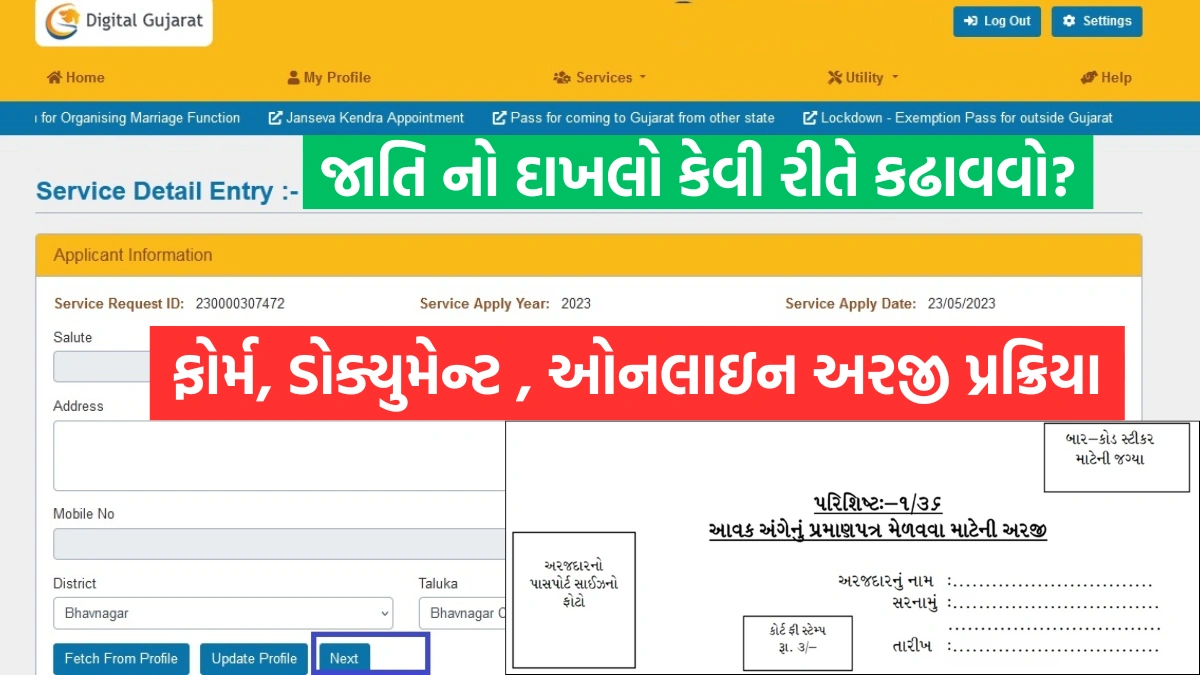A CIBIL score is an important figure when applying for a loan. It can tell the creditor if a loan will be granted and, very importantly, what interest rate will be charged. A high CIBIL score (800+) can save you lakhs, while the other side can lead to rejection, higher interest rates, etc., which will only lead to mental agony.
The guide will explain the following:
- Interest rates applicable for borrowers with a CIBIL score of 800+
- Whom low CIBIL scores employ for making extra payments?
- Strengths of a good CIBIL score
- Big downsides for a bad credit score
Loan Interest Rates for Borrowers with 800+ CIBIL Score
If your CIBIL score is above 800, banks consider you a low-risk borrower, meaning you qualify for the best interest rates.
Example: Home Loan of ₹50 Lakh for 20 Years
- CIBIL Score: 820
- Interest Rate: ~8.35% p.a.
- Total Interest Paid: ₹53 lakh
- Total Repayment: ₹1.03 crore
With an excellent credit score, you save significantly compared to someone with a lower score.
How Much More You Pay with a Poor CIBIL Score?
If your CIBIL score drops to 580, lenders see you as a high-risk borrower, leading to:
Same Loan (₹50 Lakh, 20 Years) but Higher Interest
- CIBIL Score: 580
- Interest Rate: ~10.75% p.a.
- Total Interest Paid: ₹71.82 lakh
- Extra Cost: ₹18.82 lakh
A low CIBIL score can cost you ₹19 lakh more on a ₹50 lakh loan!
5 Key Benefits of a High CIBIL Score
- Faster Loan Approvals – Banks trust you, leading to quick approvals.
- Lower Interest Rates – Save lakhs over the loan tenure.
- Pre-Approved Loan Offers – Get exclusive deals from banks.
- Emergency Loan Access – Instant disbursal during financial needs.
- Better Negotiation Power – Secure favorable terms on loans and credit cards.
5 Major Disadvantages of a Low CIBIL Score
1. Loan Rejections
Banks hesitate to lend if your credit history is weak, fearing defaults.
2. Higher Interest Rates
Even if approved, you’ll pay 2-3% higher interest, increasing your EMI burden.
3. Increased Insurance Premiums
Insurers may charge higher premiums if they see you as a financial risk.
4. Difficulty in Home & Car Loans
Lenders may demand extra collateral or reject applications outright.
5. Delayed Loan Processing
Banks scrutinize applications more, causing longer waiting periods.



